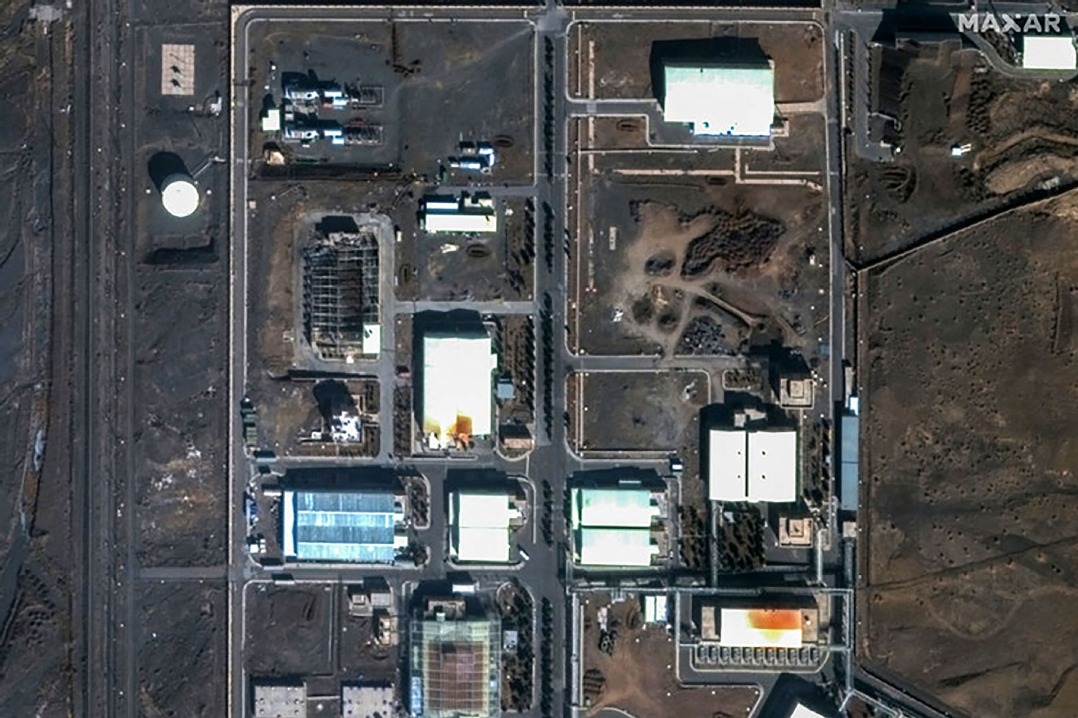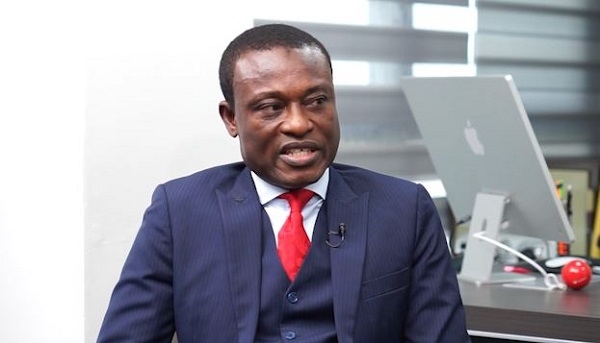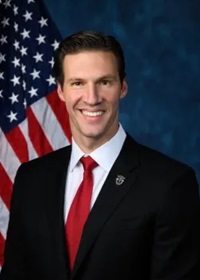US Conducts Strikes on Iranian Nuclear Facilities Amid International Reactions

On June 21, 2025, the United States launched what President Donald Trump described as a "very successful attack" on three key Iranian nuclear sites: Fordow, Natanz, and Esfahan (Isfahan). This military action, involving the dropping of "bunker buster bombs" on deeply buried facilities like Fordow, which is located 80 meters under a mountain, marked a dramatic and direct escalation of the conflict between Israel and Iran, bringing the U.S. into direct involvement.
Iranian Foreign Minister Seyed Abbas Araghchi, speaking from Istanbul, swiftly condemned the U.S. strikes as an "outrageous, grave and unprecedented violation of fundamental principles of the Charter of the UN and international law." He stated that the "lawless" U.S. administration was "solely and fully" responsible for the consequences of its "act of aggression," warning that the strikes "will have everlasting consequences" and that Iran "reserves all options" to retaliate. Iran’s Revolutionary Guard Corps further asserted that "invaders must now await responses that will bring regret." Subsequently, Iran launched 40 missiles at Israel, striking cities in northern and central Israel, including Haifa and Tel Aviv, leading to injuries and significant damage.
U.S. officials articulated that the military action, dubbed 'Operation Midnight Hammer' by Defense Secretary Pete Hegseth, was aimed at Iran's nuclear weapons program, not its people or regime change. Vice President JD Vance clarified, "We’re not at war with Iran. We’re at war with Iran’s nuclear programme," claiming the strikes "substantially delayed" Iran's nuclear progress "by many years." President Trump declared that Iran's key nuclear facilities had been "completely and totally obliterated" and warned of "far greater and a lot easier" future attacks if peace did not come quickly. He stated, "Fordow is gone." Despite these claims, Iranian officials disputed the extent of the damage, asserting that the sites had been evacuated and materials moved prior to the attacks, and that their nuclear industry development would not be halted. Nuclear monitors, including the IAEA, confirmed no off-site radiation levels were detected after the strikes.
The international community reacted with widespread alarm and condemnation. UN Secretary-General Antonio Guterres expressed "grave alarm," calling the attack "a dangerous escalation" and a "direct threat to international peace and security," emphasizing that there is "no military solution." Russia's Foreign Ministry condemned the bombing as a "reckless move" violating international law and the UN Charter. China also strongly condemned the attacks, citing violations of the UN Charter and international law, urging a ceasefire, dialogue, and negotiation. Countries like Iraq, Cuba, and Chile echoed strong condemnations, with Chile specifically noting that attacking nuclear power plants is prohibited by international law. The International Atomic Energy Agency (IAEA) announced an emergency meeting of its Board of Governors. While IAEA Director General Rafael Grossi confirmed no off-site contamination, he reiterated that nuclear facilities should "never be attacked."
The strikes also ignited political controversy within the United States, with several Democratic lawmakers, including Congresswoman Rashida Tlaib and Alexandria Ocasio-Cortez, asserting that President Trump acted without Congressional consent, a "blatant violation of our Constitution" and potential grounds for impeachment. Some of Trump's own MAGA supporters, like Marjorie Taylor Greene, expressed concerns about U.S. involvement in another foreign war. Conversely, figures like Tulsi Gabbard, initially skeptical of Iran's immediate nuclear threat, aligned with the administration's stance after Trump's firm declarations. Vice President Vance, Defense Secretary Hegseth, and Secretary of State Marco Rubio, who had initially distanced the U.S. from Israeli actions, later stood in unity with President Trump's position.
Fears of a wider regional conflict intensified, with experts warning of significant escalation. Iranian Foreign Minister Araghchi was scheduled to meet with Russian President Vladimir Putin for "serious consultations," and Iran requested an emergency meeting of the UN Security Council. Gulf states like Bahrain, Saudi Arabia, and Kuwait were placed on high alert. The Houthi group in Yemen threatened to target U.S. ships in the Red Sea if Washington continued its aggression against Iran. Analysts suggest Iran's response would hinge on the actual damage sustained by its facilities, with potential for targeting U.S. bases or coordinating attacks with regional allies. Despite the U.S. administration's calls for peace, the strikes have heightened tensions and created an uncertain future for the Middle East, as the world watches for Tehran's next move and Washington's response.












